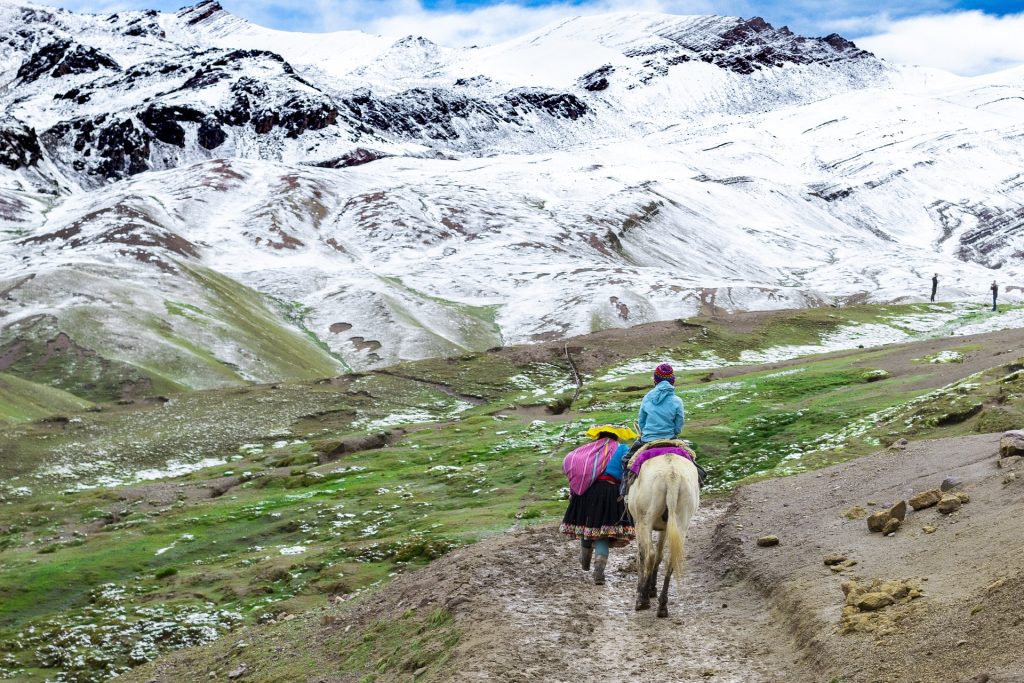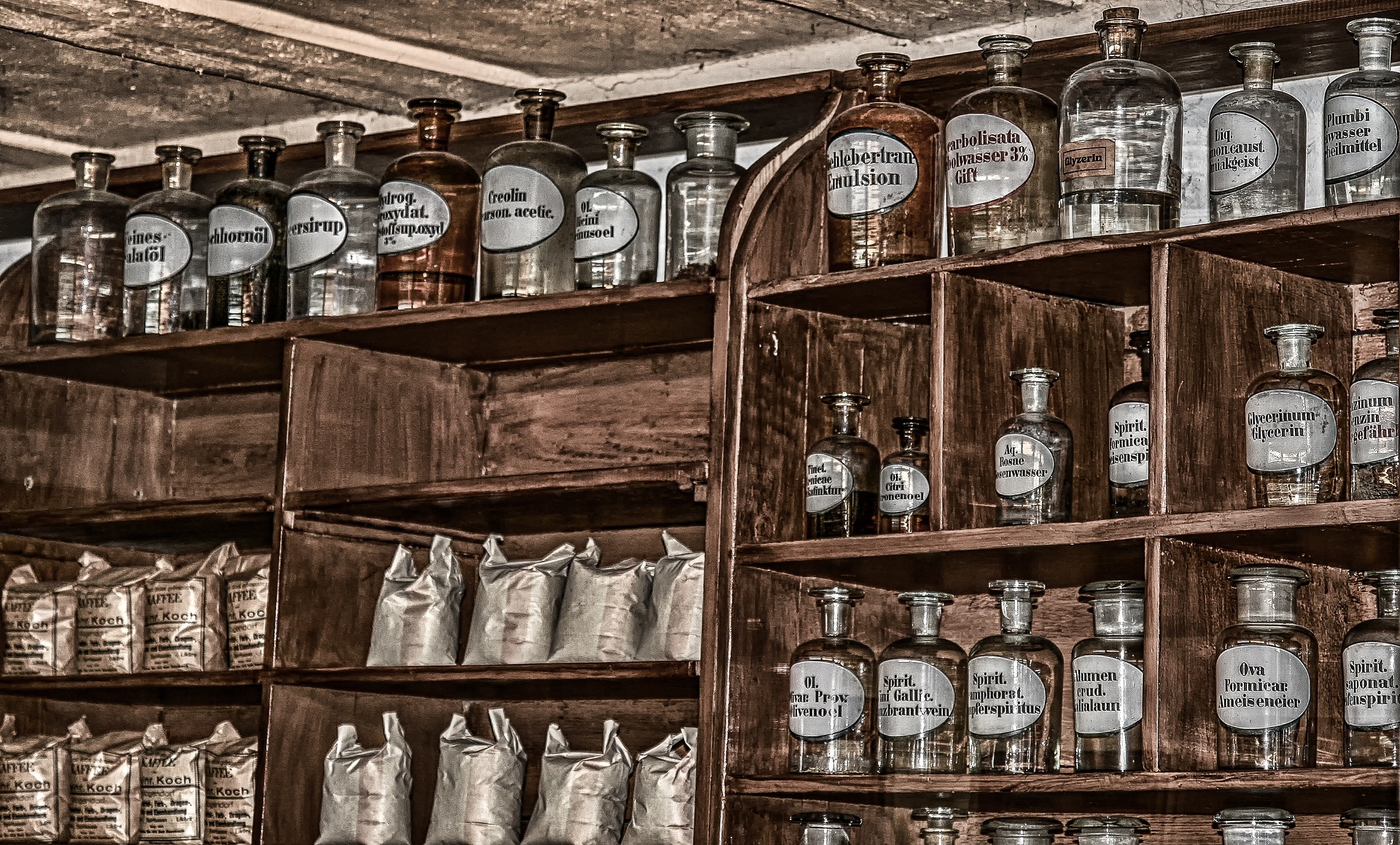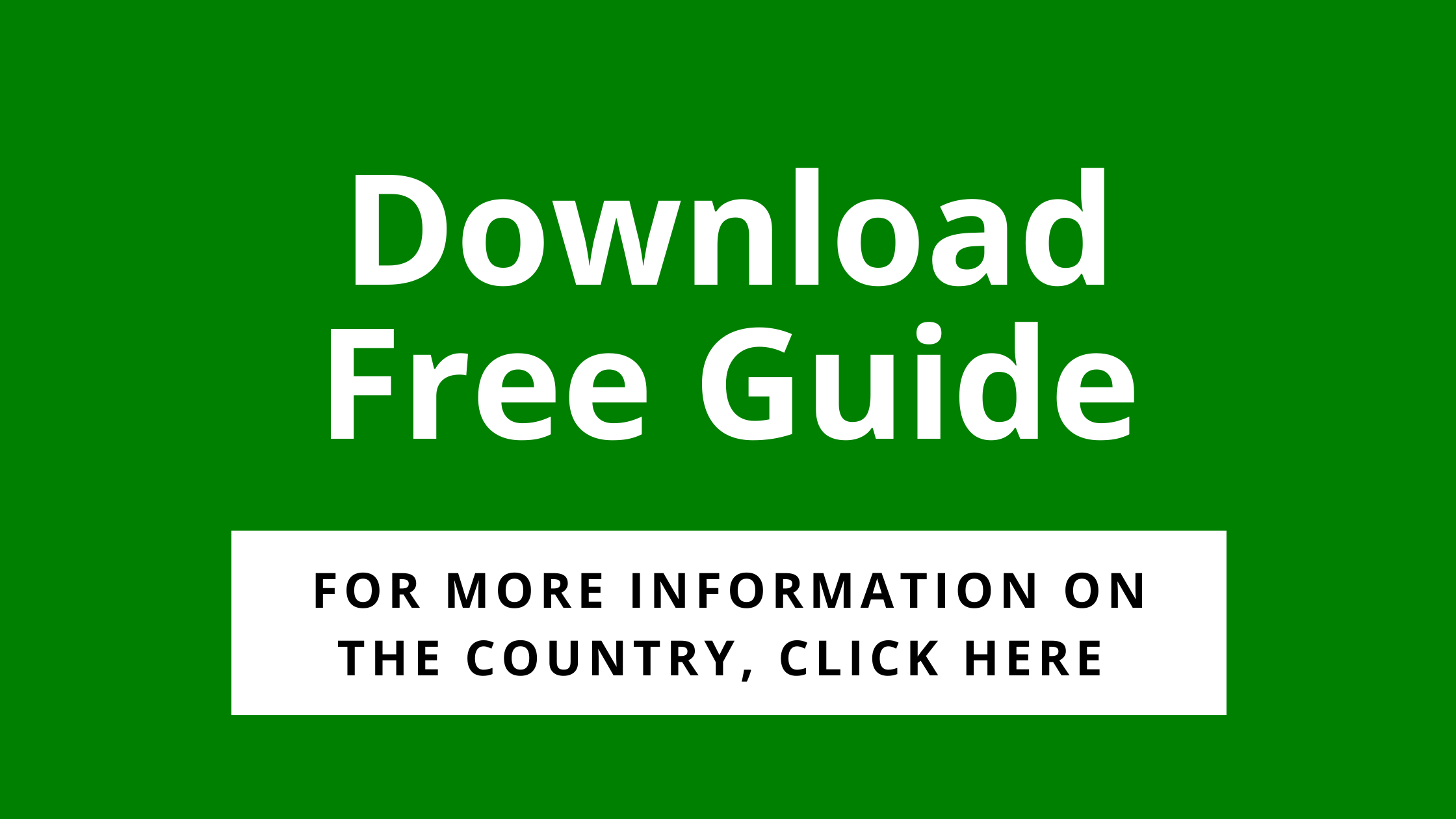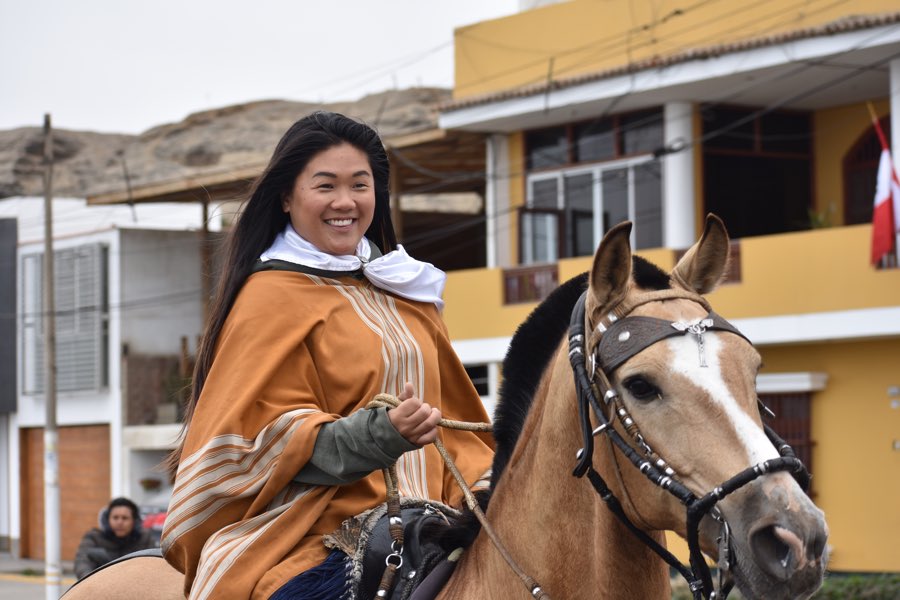Traveling abroad is never trivial. It is important to find out about vaccination obligations, the current health and safety situation, recommendations such as reacting to altitude or the contents of your travel pharmacy. This is what we will see together in this article.
Pharmacy
All major cities in Peru of course have pharmacies where you will find all the elements of your basic first aid kit if you do not want to take on this weight or bulk. On the other hand, if you follow a specific or particular treatment, it is better to bring your own drugs.
What to put in your travel pharmacy?
- Your usual medications in case of treatment
- Pain medication: Paracetamol or equivalent
- Anti-diarrheal – intestinal antiseptic
- Aspi-Venom (in case of stings or insect bites)
- Treatment for colds or sore throats
- Anti-inflammatory ointment
- Eye drops (dust, ophthalmia)
- Antiseptic (Betadine type)
- Water purifying tablets
- Elastic adhesive tape (Elastoplast) and adhesive bandages
- Disinfectant compresses
- Double skin (blister protection)
- Biafine type cream for burns
- Medicines for altitude sickness: consult your doctor
Vaccines and health
To travel to Peru or other Latin American countries, you must be up to date with your vaccinations, i.e. the rabies and tetanus vaccines. We also recommend vaccination against hepatitis A.
Apart from that, no special vaccination is necessary for stays in areas above 2,300 m, but for stays in the Amazon, the yellow fever vaccine is recommended and the question of the malaria vaccine arises.
There are regular cases of dengue fever in several regions of Peru. There are vaccines or preventions, but the best is always to go out covered, use mosquito repellent spray and sleep under mosquito nets.
More information for travel health and safety under the Foreign Travel Advice site or the Center for Disease Control.
Water
The water is not drinkable in Peru. So do not drink tap water. Depending on the sensitivity of your stomach, even brushing your teeth with tap water can cause problems.
You can either boil the water, or buy bottled water (unfortunately in plastic, but you will find it everywhere, even in the countryside), or use self-filtering water bottles.
Travel and health insurance
We strongly recommend taking out travel insurance. You have different options, between cancellation insurance (if you should cancel the trip), repatriation assistance or multi-risk insurance.
When purchasing a trip, it is strongly recommended to be insured. Indeed, cancellation insurance covers the financial risk if you are forced to cancel your trip.
Repatriation assistance protects you in the event of an accident at your destination: it provides medical care and, if necessary, your repatriation.
Multi-risk insurance is the most comprehensive, it includes cancellation insurance, but also protects you in the event of an accident at your destination: it provides access to a 7/24 teleconsultation service, and provides access to coverage of medical and hospitalization costs up to €200,000 (this ceiling varies depending on the destination) and, if necessary, your repatriation.
It is important to realize that if you get sick in a foreign country or worse, you have an accident, it is better to have good insurance to be taken care of in the best clinics and hospitals. The level of care is not at all the same as in the establishments in Europe, and above all, you will not be taken care of if you cannot pay…
Warning: most travel insurance must be taken out within 48 hours of the first payment of your trip!

Altitude sickness
How to avoid it right from the beginning?
To prevent altitude sickness, it is best to take the time to acclimatize.
This means staying several days at a certain altitude (without making much effort) before climbing higher in altitude. In general, two to 3 days are enough to allow the body to acclimatize to the altitude. For this, when we create your itinerary, we make you climb in altitude little by little. For example, it is not recommended to start your trip at Lake Titicaca at 3,800 m above sea level.
Then you have to adapt your activities and have a healthy lifestyle (rest, good diet and hydration). Coca mate, a local plant widely consumed in the Andes, is known for its anti-altitude sickness properties. And it keeps you hydrated!
What to do if you have altitude sickness?
It is important to know that altitude sickness can affect anyone, even if you are athletic, young and well trained.
You will recognize the symptoms of altitude sickness as headaches, shortness of breath, extreme fatigue, nausea and dizziness.
It is best to rest and drink plenty of water. If you are not feeling better, it is very strongly recommended to go back down to altitude to give your body more time to acclimatize, for your own health and safety.




